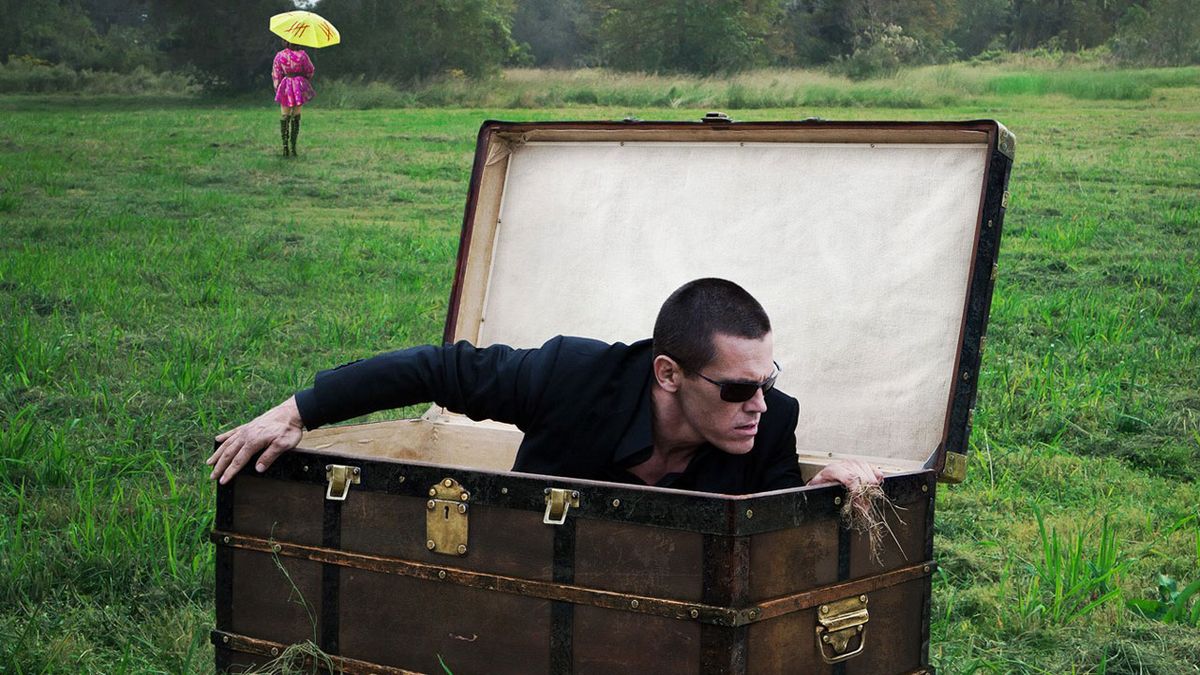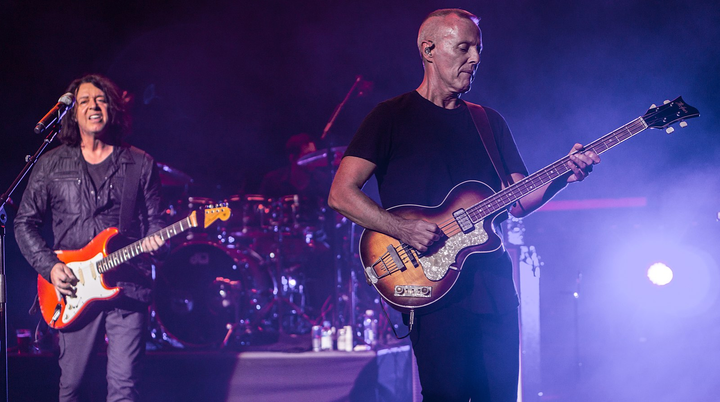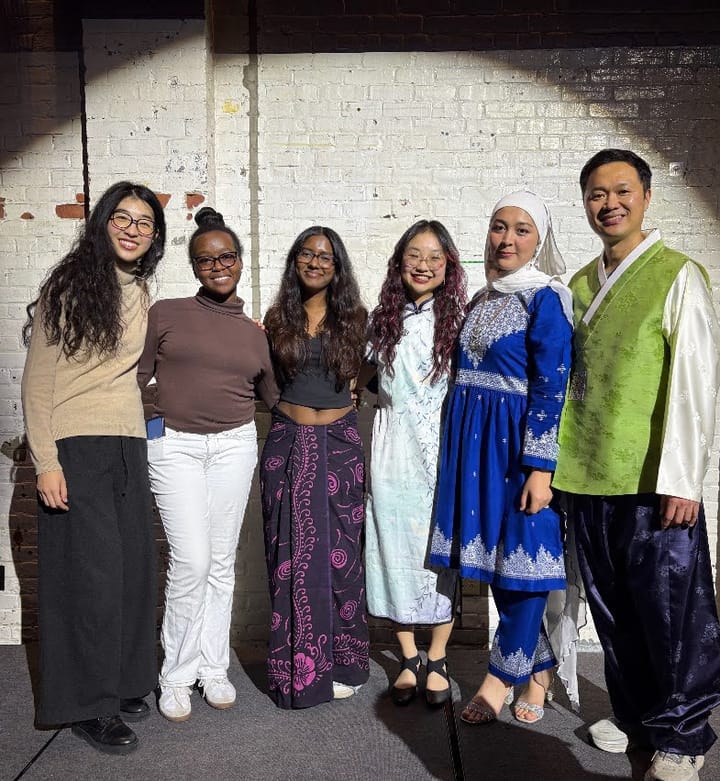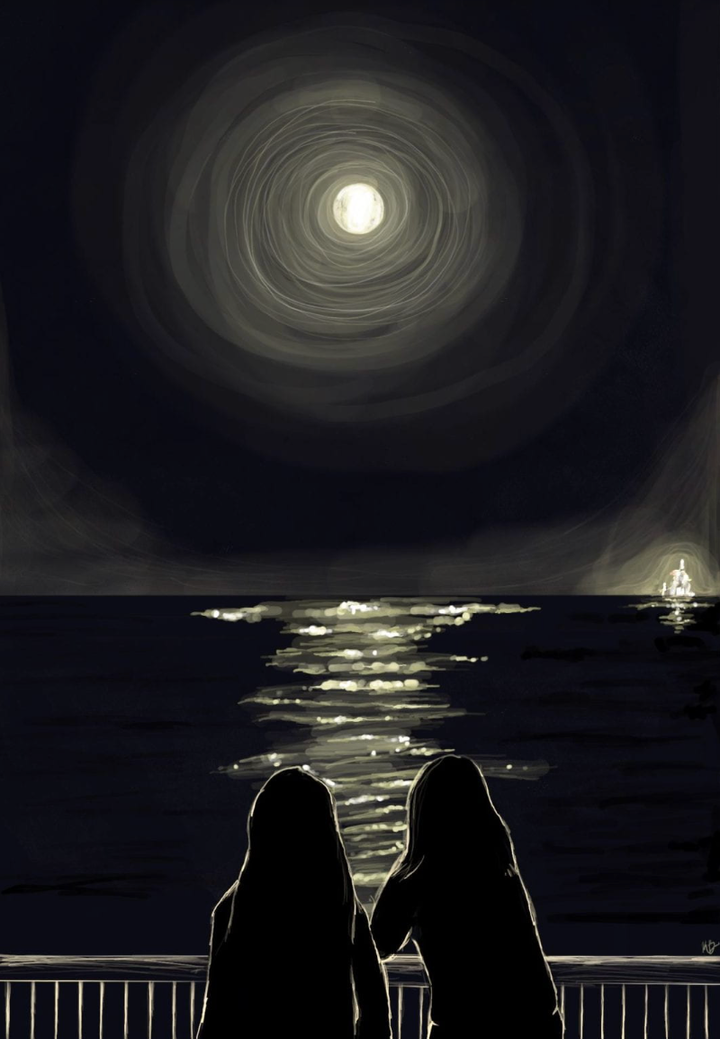“Oldboy” Falls Short of Korean Original

Over the Thanksgiving break, I got the chance to visit New York City for the first time; it was as bright and exaggerated as I had always imagined it would be. Gabby Rodriguez ’17, Jeremy Paula ’17 and I decided to see a movie at the AMC Empire 25 on 42nd St. near Times Square, a theater so questionably large that one can’t help but wonder at its size. Or perhaps my opinion isn’t the norm, considering that I’ve known nothing but modest, single-story movie theaters until now. After some deliberation, we decided to see “Oldboy,” a Spike Lee remake of a cult Korean movie that both Jeremy and I had seen and really enjoyed. I was eager to watch the American take on a movie that, when I first saw it, had exceeded my expectations. It was thrilling, nuanced and perfectly dark, and while I didn’t expect Lee’s remake to quite meet the standard that the Korean movie had set, I was excited to compare the two and had generally high hopes for the remake.
We walked into the showing room (Theater 20, conveniently located on the seventh floor) about twenty minutes late and quickly seated ourselves. The beginning of the film was promising, and despite its opening, the first few scenes established a brooding tone and dangled the possibility of a truly complex movie in front of our faces. Moviegoers watch as Joseph Doucett, as portrayed by Josh Brolin, intensely struggles to adjust to his new life: confined to a hotel room with no knowledge of how he got there or why, fed the same four meals in rotation and allowed only one television channel for, unknown to Doucett, the next twenty years. The years tick by as we watched the plot begin to unfold as Doucett progresses, the promise of a solid movie still hanging in the air.
Cue the stereotypical minority characters, unfulfilling and unsure attempts at comedic relief and suddenly rapid plot movement. Add in a few fight scenes in which Doucett unflinchingly manages to completely destroy, with his bare hands I might add, no less than fifteen different men at once. I will concede that this is a (mostly) excusable and archetypal trope in most action thrillers; the sheer exaggeration, however, signaled to me that the movie was about to take a sharp turn for the worse.
“This is going to be so bad,” I muttered to Jeremy on my left, who was hysterically laughing at the movie between sips of a blue raspberry ICEE. I couldn’t bring myself to laugh after, considering that I had paid $14.50 for a movie that I quickly realized was going to disappoint me beyond belief. But I watched on.
The plot of Spike Lee’s “Oldboy” is arguably identical to that of the original film, save a few adjustments catered to the American palette. The execution of the plot, however, coupled with the unconvincing acting from leads Brolin, Elizabeth Olsen and especially Sharlto Copley, reduced the quality of Lee’s version to less than half of the original’s. It’s quite a strong claim to make, but when directly juxtaposed, the two movies are miles apart from each other in almost all aspects. The original movie was perfectly ominous; the surprise plot twist was sickening in the best of ways and executed with cinematic finesse. It’s the kind of movie that sticks with you, the kind of movie that you have no issue watching and appreciating again. The American remake was, in a word, sloppy.
The movie is a caricature of its Korean counterpart, and while the plot remains essentially untouched, the way in which it is presented renders a serious, potentially appalling story laughable. Sure, the plot twist is still there, and sure, it still has the inherent potential to shock. However, the way in which it is carried out and ultimately presented to the audience is so unbelievably tacky that I couldn’t help but wonder what Lee and his production team were thinking. Even Brolin’s performance once his character comes to the realization that he has gravely fucked up is ridiculous, unconvincing and lasts all of five minutes. There we go again with hurried plot movement and indecisive acting, which both so gracefully converge onto an unsatisfying ending.
On the way out of the theater, on that perilous journey all the way back down to the ground level, Gabby and I decided that a ticket to see “Oldboy” was not worth any amount of money. So much more could have been done to add complexity and maturity to the American presentation of the originally-Japanese story, none of which I can reveal due to consideration of spoiler alerts. But honestly, I would not recommend watching the American spin on the Korean classic. Stick with the original, which is genuinely worth your time — it’s actually a great movie. I suppose if you’re feeling up to paying $10 or more for a good, incredulous laugh, go and see the new version, incredulous being the operative word here.





Comments ()